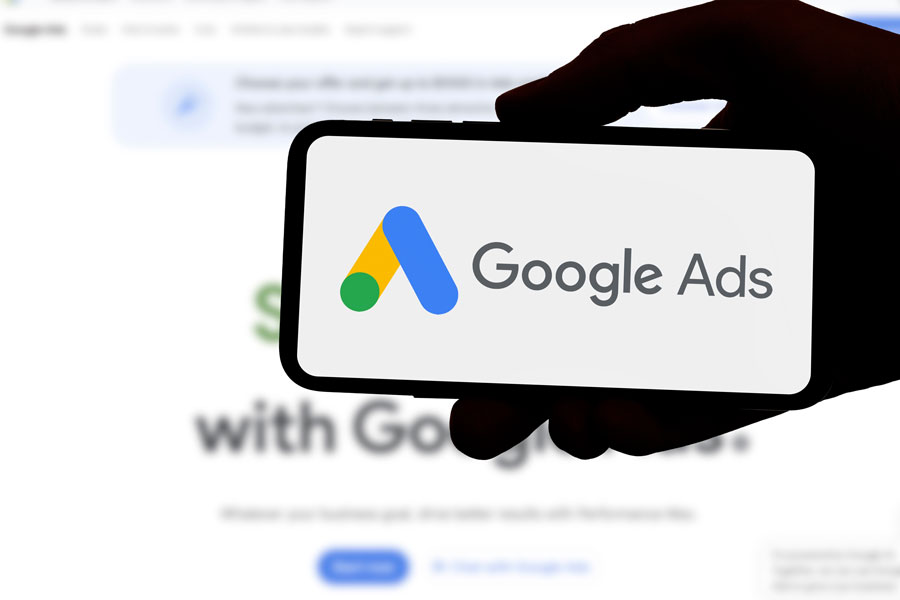
WEST PALM BEACH, FL – Generative AI tools like ChatGPT have completely reshaped how users interact with information, replacing traditional keyword-based search with fluid, conversational experiences. But something even more remarkable is quietly happening beneath the surface: the AI seems to “remember” you. It recalls your business, your interests, your writing preferences – sometimes even after you’ve started a completely new conversation.
So how exactly does this work?
In this article, we’ll take a deep look at how AI tools like ChatGPT track user interests, distinguish between session-based memory and persistent memory, and what this all means for the future of search, marketing, and personalization.
What Kind of Memory Does ChatGPT Actually Have?
ChatGPT uses two types of memory models that influence how it interacts with users:
1. Thread-Based (Short-Term) Memory
When you open a single conversation (a “thread”), ChatGPT maintains a memory of everything you’ve said and asked – as long as it fits within its token limit (roughly 3,000 to 6,000 words depending on model version).
This allows:
- Smooth back-and-forth conversations
- Follow-up questions that don’t need repeated context
- The ability to build on prior answers, like in a natural conversation
Limitation: Once the thread gets too long, earlier parts may “fall off” due to memory constraints. This is purely contextual and disappears when the chat ends.
2. Persistent (Long-Term) Memory
This is where things get much more sophisticated – and it’s what surprises most users.
ChatGPT (especially GPT-4 with memory enabled) can remember key information about you across all chats, even after starting a new conversation. This includes:
- Your name or preferred writing style
- Your business or profession
- Topics you frequently write about (e.g., SEO, domain names, marketing)
- Your formatting preferences (bullet points, headlines, etc.)
This is called long-term memory, and it enables a more personalized, assistant-like experience.
Examples of What It Might Remember:
- “User prefers structured, professional writing for blog content.”
- “User is working on a novel and its title.”
- “User runs a marketing company and what it is called; ie: Searchen Networks.”
How to Check or Enable Your Memory in ChatGPT
OpenAI gives users full control over this feature.
To check or enable memory:
- Click on your profile icon (bottom left of ChatGPT)
- Go to Settings > Personalization
- Toggle Memory ON or OFF
- Click “Manage Memory” to see what the AI has saved about you
- You can edit or delete individual memories at any time

What If Memory Is Turned Off?
Even if you don’t have long-term memory enabled, ChatGPT can still offer a consistent feel based on:
- Your current chat thread
- Patterns it sees during your session (e.g., tone, format)
- Recent history tied to your logged-in account (not personalized, but helpful)
But it won’t remember facts across sessions unless long-term memory is explicitly turned on.
Implications for Search, SEO, and User Behavior
This shift has huge implications for the future of search engines and digital marketing.
1. AI as the New Intent Engine
Traditional search engines use past queries and cookies to personalize search results. ChatGPT and other AI models are creating far more nuanced intent profiles – based on how you ask questions, not just what you ask.
For example:
- A search engine sees “best hosting for WordPress”
- An AI assistant understands you’re a small business owner who prefers scalable VPS solutions with low maintenance
That’s a big leap in contextual understanding.
2. Zero-Click Search Becomes Zero-Click Assistance
Instead of offering a list of links, ChatGPT often provides complete answers – and if it remembers you, those answers become hyper-relevant.
This changes how:
- Users discover brands
- Content creators reach their audiences
- Businesses position themselves in front of conversational AI
3. Search Behavior is Shifting
People are getting used to:
- Asking longer, more natural questions
- Getting summarized answers with no need to visit a page
- Expecting follow-ups to build on prior conversations
This favors brand storytelling, structured data, and optimized summaries over long-winded blog posts filled with keyword stuffing.
4. SEO Professionals Must Understand AI Memory
As AI tools remember more about the user, the idea of “ranking” may become less relevant in some contexts.
You might see:
- AI assistants recommending the same preferred brand or blog repeatedly
- Personalized answer results where your content shows up only if it fits the user profile
- A need to optimize for in-AI discovery, not just search engine rankings
Privacy, Transparency, and Control
Understandably, users are concerned about what AI remembers. OpenAI has taken a relatively user-friendly stance by:
- Making memory opt-in
- Allowing users to delete specific facts or wipe memory entirely
- Giving transparency via “Manage Memory” panel
Still, this is part of a broader conversation about data ethics, privacy, and personalization in the AI era – especially as models become smarter and more assistant-like.
Takeaways for Marketers and Search Professionals
- Enable memory if you want a more productive AI assistant – and understand what it stores
- Personalize your own AI prompts – your AI tools can be shaped to your workflow
- Adapt your SEO mindset — focus on high-quality content that aligns with user intent and provides rich answers
- Prepare for discovery in a conversational world — optimize for visibility inside the AI conversation loop
Final Thoughts
Generative AI is more than just a smarter search box – it’s becoming a personalized interface for life and work. ChatGPT’s memory system is an early glimpse of how these tools will evolve into true assistants, adapting to who you are, what you do, and how you think.
For digital marketers, search pros, and businesses, this means a radical shift in how you plan, write, optimize, and engage.
Are you preparing your content and brand for this new era?










